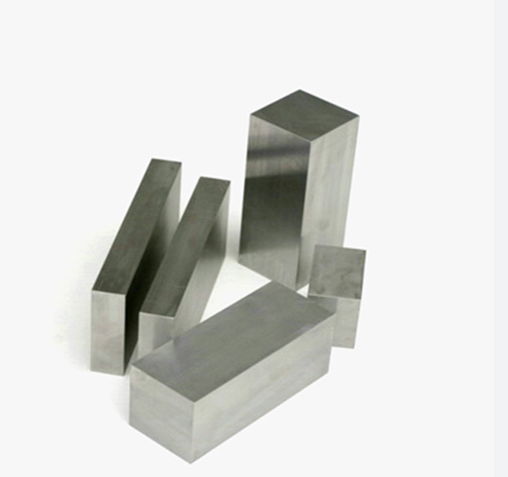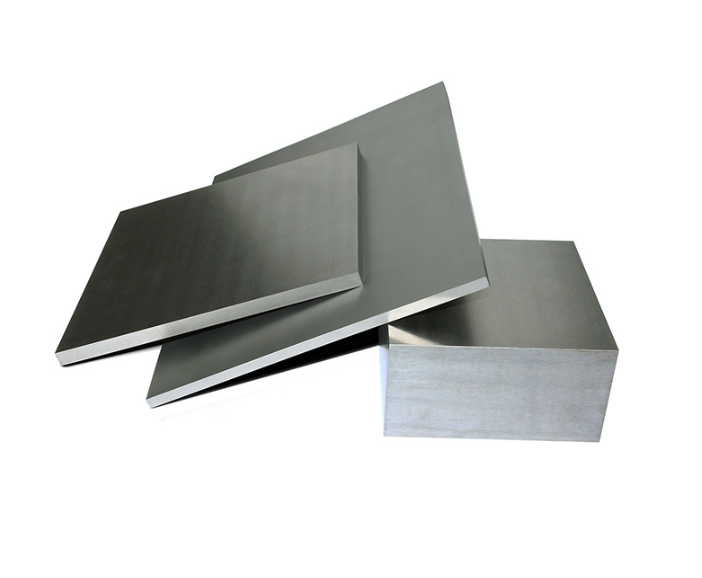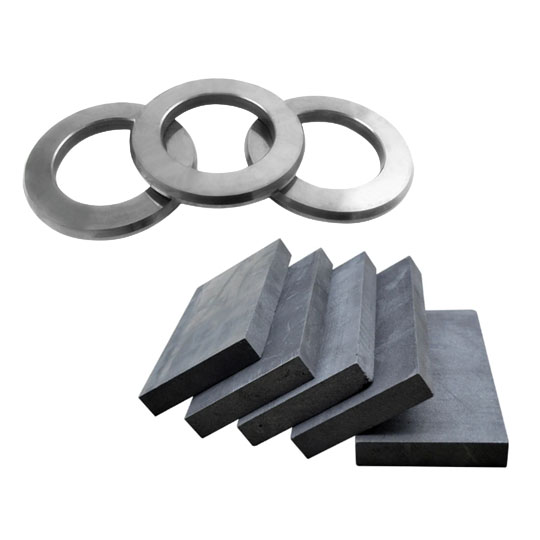When it comes to manufacturing and industrial tooling, carbide rods are the unsung heroes. These high-performance materials are crucial in the production of precision tools that keep the engines of the manufacturing world humming.
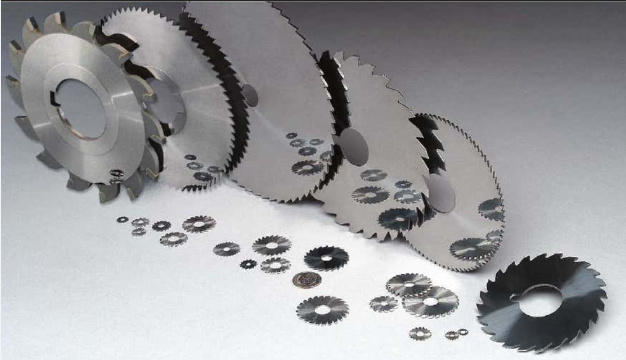
Industrial Use of Carbide Rods
You ever wondered how we get those ultra-precise cutting tools, drills, end mills, or reamers? The secret sauce lies in tungsten carbide rods. They’re like the backbone of cutting-edge machinery—literally.
Carbide rods, often made from tungsten carbide powders, are sintered at high temperatures and formed into solid blanks. These blanks then become the heart of industrial cutting, grinding, and milling tools. Think aerospace components, high-speed machining in automotive parts, or even tiny micro drills for circuit boards. Yeah, these rods are everywhere.
Some real-world applications include:
- CNC tooling: Drill bits, router bits, milling cutters.
- Mining tools: Picks and bits that resist wear.
- Woodworking: Carbide-tipped tools for long-lasting precision.
- Medical tools: High-performance surgical tools.
So, considering how essential they are, it makes perfect sense that proper packaging is critical, right?
Challenges in Carbide Rod Packaging
Now, packaging sounds simple. But not when you’re dealing with materials that are heavy, brittle, and expensive. So what are we up against?
1. Fragility vs. Density
Despite being super hard, carbide rods are brittle. They snap under sudden stress. So, cushioning is essential. But remember, they’re heavy. So how do you cushion something dense and fragile? It’s a design puzzle.
2. Corrosion Risk
Some metal powders can oxidize or corrode over time. And exposure to moisture is a no-go. So, a moisture-resistant barrier is a must.
3. Inventory Management
Thousands of rods, multiple lengths, diameters, and types—you need smart packaging that makes sorting and identifying a breeze.
4. Eco-Conscious Demands
With the world going green, packaging that’s sustainable yet durable is in demand. You want recyclable without sacrificing strength.
5. Global Shipping Stress
Carbide rods are often shipped globally. That means withstanding warehouse handling, customs, temperature swings, and bumpy roads. Not exactly a spa day for your rods.
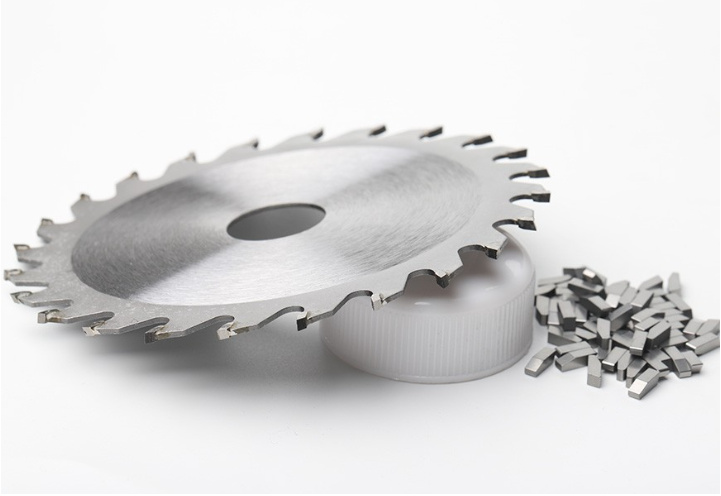

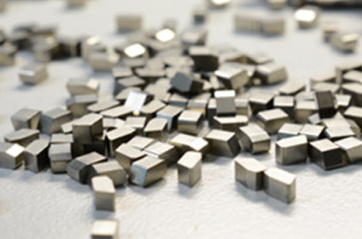
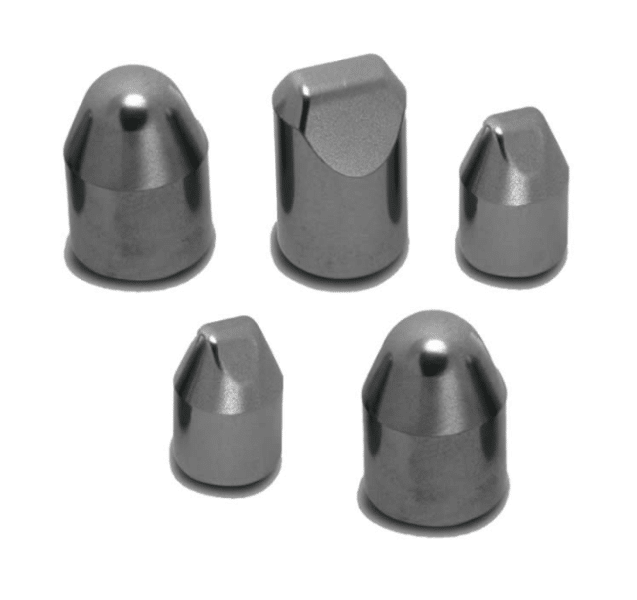
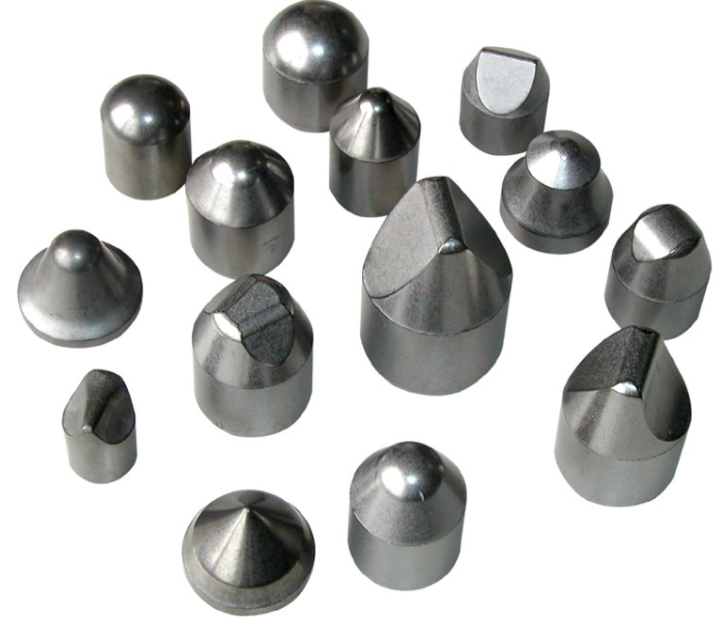
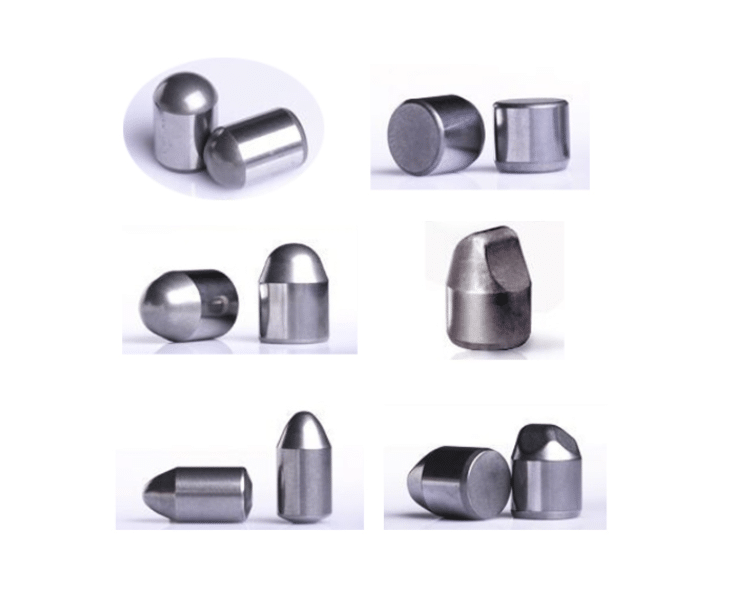
Types of Carbide Rod Packaging Solutions
So, what’s in the toolbox for carbide rod packaging? Let’s explore the popular solutions out there, compare them, and dive into their pros and cons.
1. Plastic Tube Packaging
Ever seen those clear, round tubes? They’re like little sleeping bags for carbide rods.
- Pros: Affordable, stackable, moisture-resistant.
- Cons: Not very eco-friendly, can crack under pressure.
- Use Case: Common for individual rod packaging in tool manufacturing.
2. Foam-Inlay Boxes
This is the cushy solution. Think memory foam, but for metal.
- Pros: Excellent shock absorption, customizable compartments.
- Cons: Bulkier, costlier.
- Use Case: Precision tool blanks for sensitive delivery.
3. Blister Packaging
Just like pills, but the metal kind.
- Pros: Great for display, visibility, and anti-contamination.
- Cons: Can be fiddly to open, not ideal for bulk.
- Use Case: Retail-oriented carbide rod packs.
4. Vacuum-Sealed Pouches
This one’s all about keeping the air (and moisture) out.
- Pros: Protects from corrosion, compact, lightweight.
- Cons: Requires sealing equipment, limited cushioning.
- Use Case: Export shipping and long-term storage.
5. Cardboard Partition Boxes
Imagine an egg carton, but with cardboard partitions for rods.
- Pros: Recyclable, cost-effective.
- Cons: Less durable in humid conditions.
- Use Case: Domestic transportation of carbide blanks.
6. Metal Containers with Foam Inserts
Ultimate durability.
- Pros: Crush-proof, reusable.
- Cons: Expensive, heavy.
- Use Case: Premium exports or military-grade components.
Specific Metal Powder Models Used in Carbide Rods
Here’s where things get geeky. The performance of a carbide rod largely depends on the metal powder composition. Below are 10+ popular tungsten carbide powders used to produce rods, each with unique characteristics:
| Model | Description |
|---|---|
| WC-Co 10% | Standard powder with 10% cobalt. Great balance of toughness and wear resistance. |
| WC-Co 6% | Lower cobalt means higher hardness but more brittle. Used for high-precision tools. |
| WC-TiC-TaC-Co | A mixed-carbide model, often used in high-speed steel alternatives. |
| WC-Ni | Nickel as binder. Used in corrosion-sensitive applications. |
| WC-CoCr | With chromium added. Boosts corrosion resistance and grain refinement. |
| Nano WC-Co | Ultra-fine powder for superior edge retention and toughness. Expensive but high-performing. |
| WC-Co with VC and CrC grain inhibitors | Maintains grain size, improves hardness retention at high temperatures. |
| WC-Co 12% | More cobalt means more toughness. Ideal for shock-prone cutting tools. |
| WC-FeNi | Iron-Nickel alloy binder. Used in defense and aerospace. |
| WC-Co with TaC | Tantalum carbide improves red-hardness and oxidation resistance. |
| Recycled WC-Co Powder | Eco-friendly option. Slightly reduced performance but cost-effective. |
These powders determine everything from hardness to thermal resistance to machinability. When you’re packing rods made from these advanced materials, you better believe packaging has to match their caliber.
Benefits of Proper Carbide Rod Packaging
Here’s a no-fluff comparison of why good packaging is absolutely essential.
| Benefit | Explanation |
|---|---|
| Damage Reduction | Prevents micro-cracks, edge chipping, and total breakage during transit. |
| Corrosion Protection | Keeps moisture, air, and oils away from sensitive surfaces. |
| Inventory Efficiency | Makes sorting, labeling, and handling faster and smoother. |
| Customer Satisfaction | No one likes opening a box of broken rods. Great packaging shows professionalism. |
| Environmental Responsibility | Using recyclable or reusable packaging reflects well on your brand. |
| Cost Savings | Preventing damage = less return and rework cost. |
| Long-Term Storage | Rods stay usable even after months in storage if well packaged. |
| Enhanced Branding | Branded packaging can boost perceived quality and trust. |
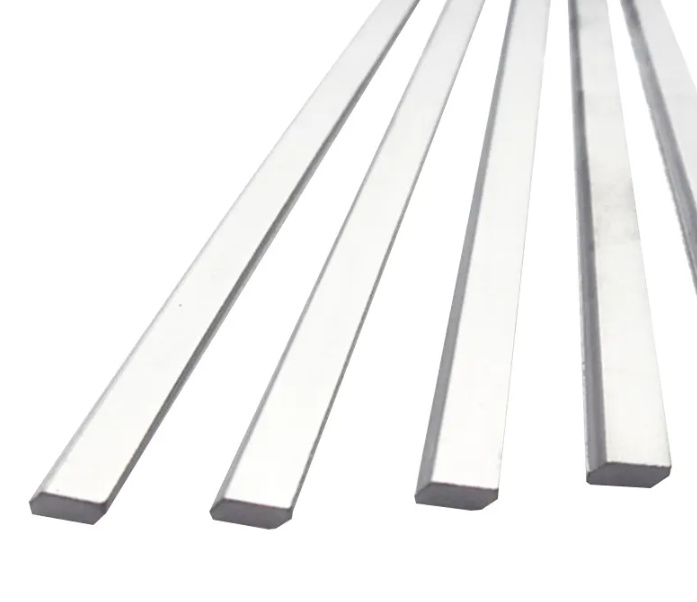
FAQ
| Question | Answer |
|---|---|
| Why are carbide rods fragile if they’re so hard? | Because hardness often comes at the expense of flexibility. They resist wear but snap under sharp impact. |
| What packaging is best for export? | Vacuum-sealed pouches or metal cases with foam inserts are top picks for international shipping. |
| Can packaging affect tool life? | Indirectly, yes. Chips or cracks from poor packaging compromise tool performance. |
| Is plastic packaging bad for the environment? | Traditional plastic can be, but many companies now use recyclable or biodegradable alternatives. |
| How do I store carbide rods long-term? | Keep them sealed, dry, and temperature stable. Vacuum pouches are great for this. |
| Can I reuse packaging? | Absolutely. Metal and foam containers are designed for multiple cycles. Just inspect for wear. |
| Are there industry standards for packaging? | Yes, ISO and ASTM offer guidelines, but many manufacturers also develop proprietary methods. |
| What if rods are exposed to humidity? | Use desiccants or vacuum sealers immediately to avoid oxidation and material degradation. |
| Is customized packaging worth the cost? | For premium products or sensitive shipments, custom packaging often pays off in reduced damage and better branding. |
| Where can I buy carbide rod packaging supplies? | Industrial supply stores, custom packaging vendors, or tool manufacturers with in-house packaging lines. |

